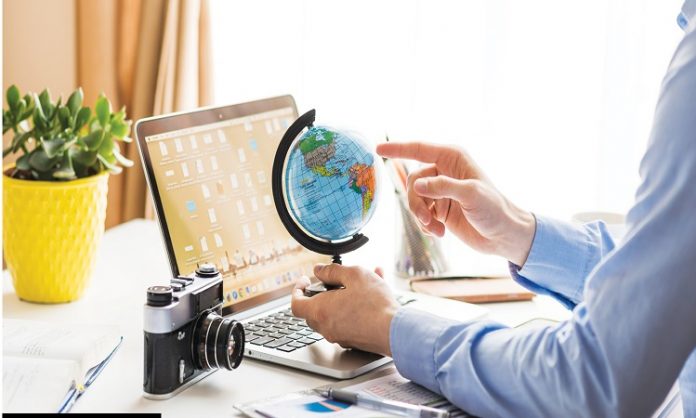According to the WTTC and McKinsey report, business travel may return faster in Asia than in many European and American markets, with recovery possibly taking place in phases.
COVID-19 has had a significant impact on the travel and tourism industries, resulting in financial losses of almost US$ 4.5 trillion and the loss of over 62 million jobs. However, there are signs that the industry has started to recover, with global travel spending on the upswing.
Given the chance that the pandemic might become an endemic, the path to recovery will be long and winding. In such an environment, the travel and tourism industries may be forced to deal with longterm changes in regulations of international travel.
The report, ‘Adapting to Endemic COVID-19: The Outlook for Business Travel,’ which is based on a collaboration between WTTC and McKinsey & Company, as well as input from key stakeholders, examines at what endemic COVID-19 may entail for business travel. Vaccine rollouts and virus management strategies will impact the sector’s revival. The vaccination rollout is still quite unequal, and this difference will impact how soon travel rebounds.
Furthermore, government decisions and efforts to safeguard citizens’ health and travel rules will continue to have a substantial and direct impact on travel and tourism. Changes in policy may also have a disproportionate impact on markets that rely on foreign travel. Within these wider trends, the business travel industry has seen substantial changes in the last 18 months, especially in demand, supply, and the overall operating environment that influences business travel.
Demand: The recovery of business travel has been slower than that of leisure travel. Furthermore, corporate rules continue to impact business travel demand, and these policies vary by area based on organisational demands and national constraints in both departure and locations.
Supply: As the pandemic sped the shift to digital, the industry has seen rapid changes in operations, with businesses adapting their operating models and growing their technology for service operations. With the growing digitalisation of the corporate sector, hybrid events have emerged as a new business paradigm, with technology-enabled forms increasingly complementing in-person activities. At the same time, the industry is facing a talent risk and a significant labour shortage.
Operating environment: Clarity around rules, policies, and regulations is now more important than ever. Certainty and consistency regarding rules and procedures are now key considerations for business and leisure travellers alike. More broadly, the market remains fragmented, with a high share of small and medium-sized businesses. This means the risk of business closures will persist, and smaller enterprises may need longterm support.
In the future, business travel may rebound more quickly in Asia than in many European and American economies, with periods of recovery depending on the leading business sectors. Based on spending trends over the last year, manufacturing, pharmaceuticals, and construction were early adopters of a return to business travel. The road to recovery for business travel will almost certainly be rocky. In the meantime, players in the industry can look to the domestic and leisure sectors to help promote development and aid recovery.
Finally, all stakeholders have a role to play in the recovery of the travel and tourism industry, and they can collaborate to help the industry capitalise on opportunities in leisure and domestic markets, increase business travel, and expand to new countries of origin.
M!CE organisations may be able to help by establishing new business models, assuring the safety of existing ones, and implementing hybrid event-hosting techniques. Governments might also help travel businesses and corporate travel providers through financial support.
QUICK BYTE The M!CE industry has an influence on both the supply and demand sides of business travel















